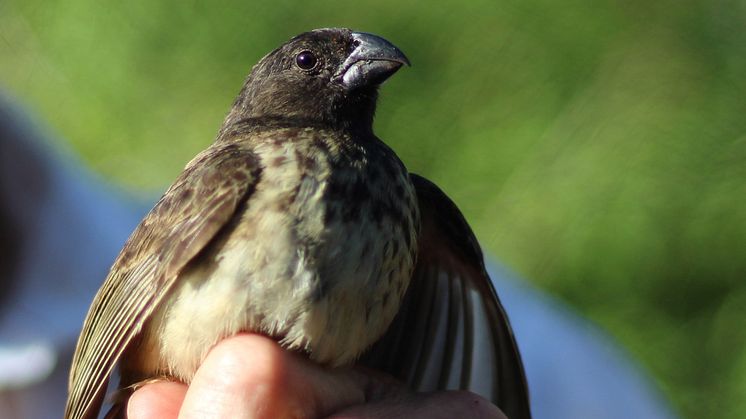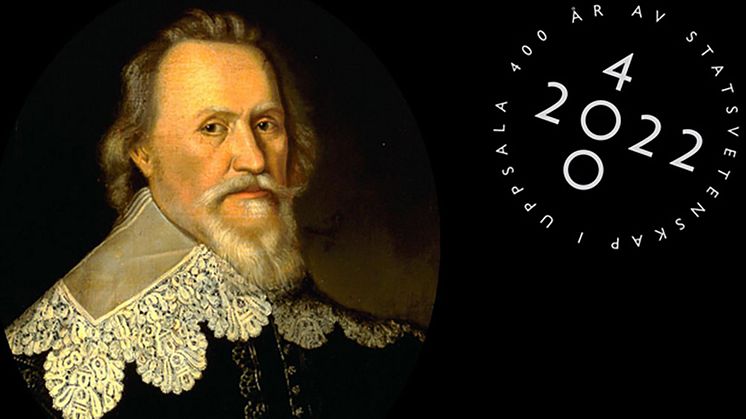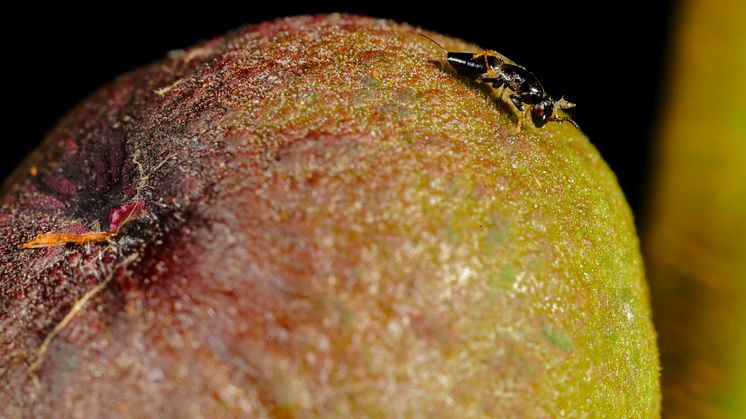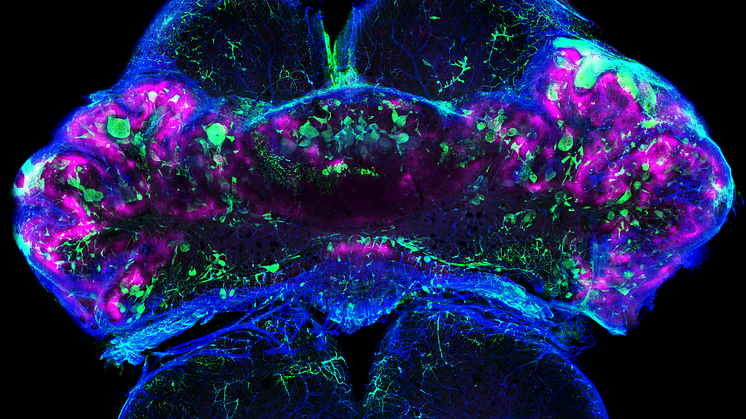Tablet computers make preschool children’s play less creative
Preschool children's play involving tablets is less creative and imaginative compared to their play involving physical toys. This is shown in a new study by Uppsala University, and the difference is substantial. The results counter occasional claims that new technology would make children more creative. Tha study is published in Learning, Media and Technology.









